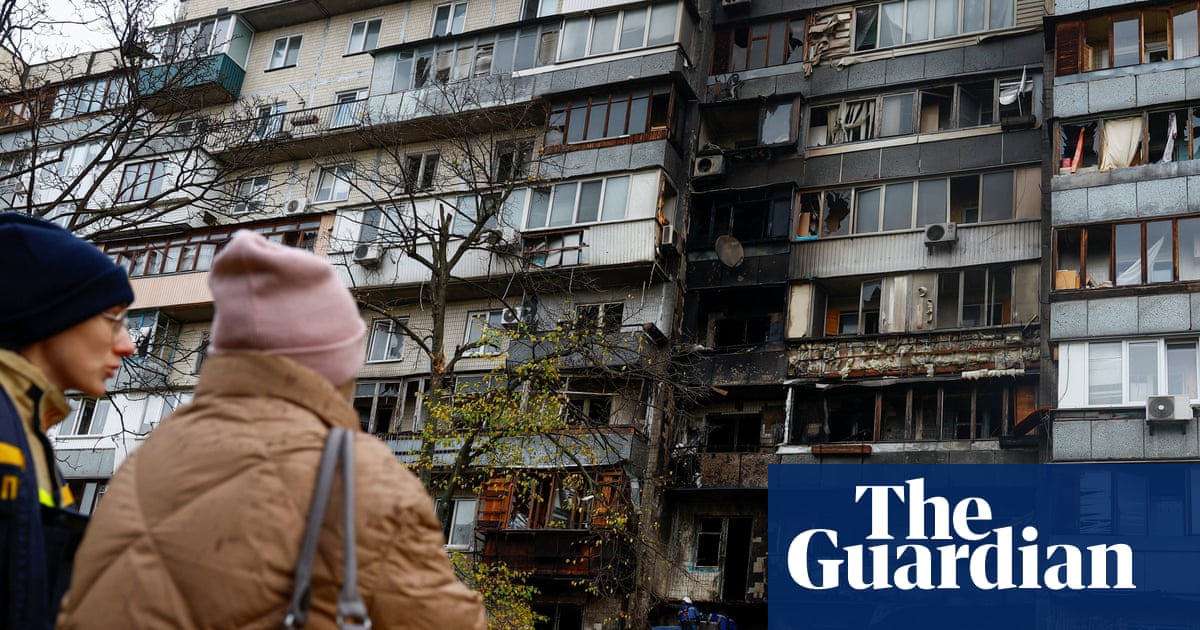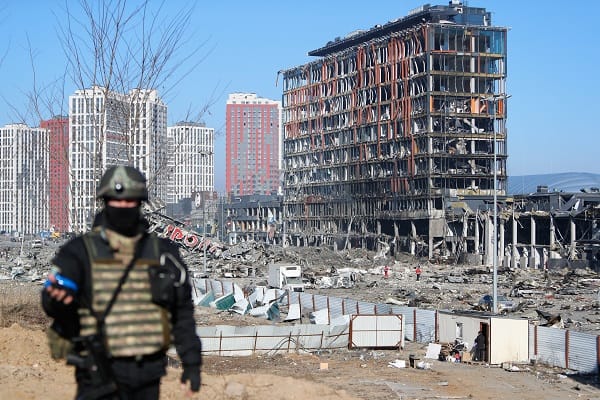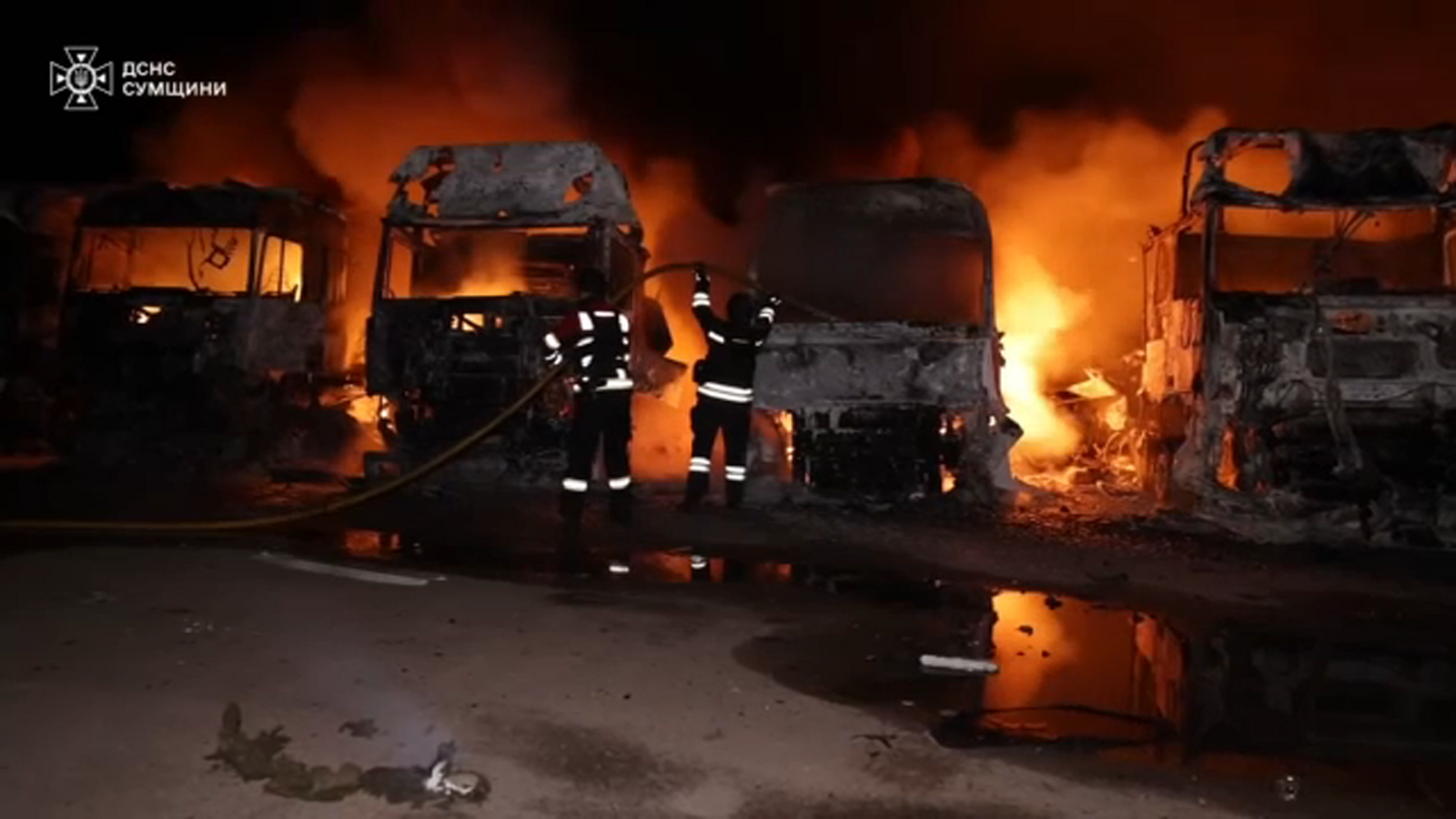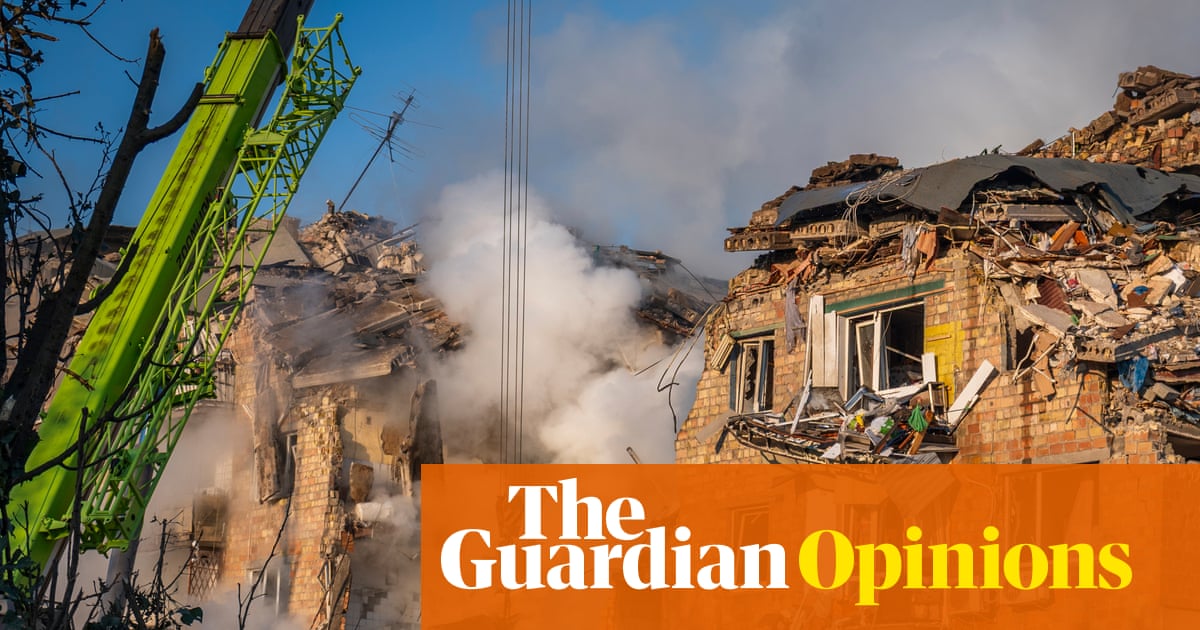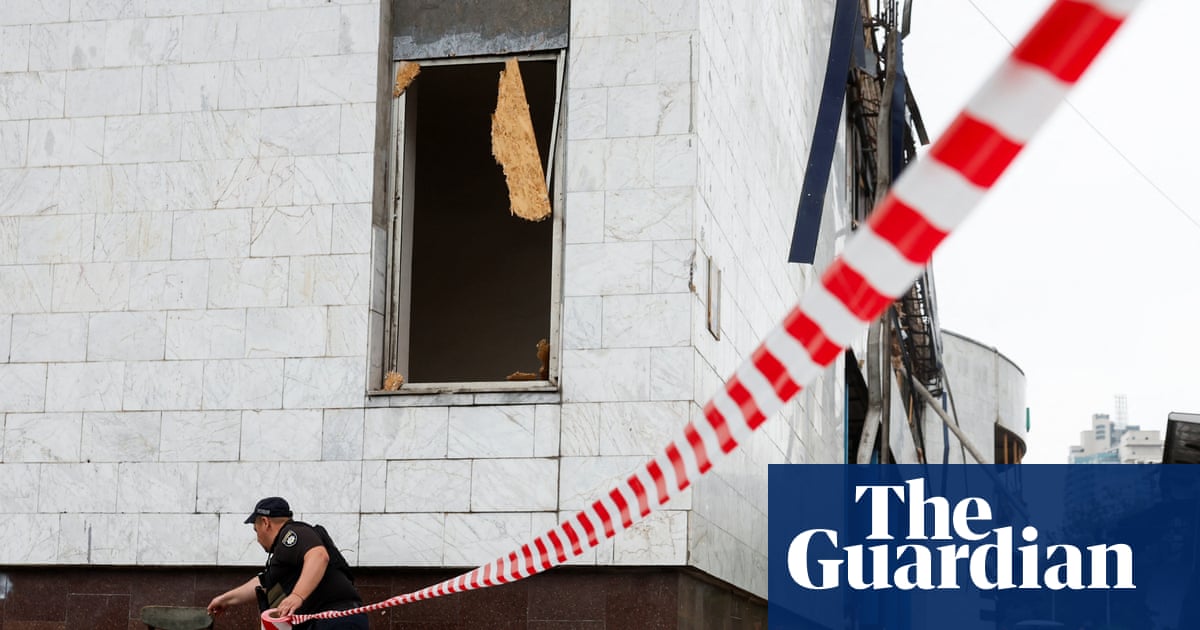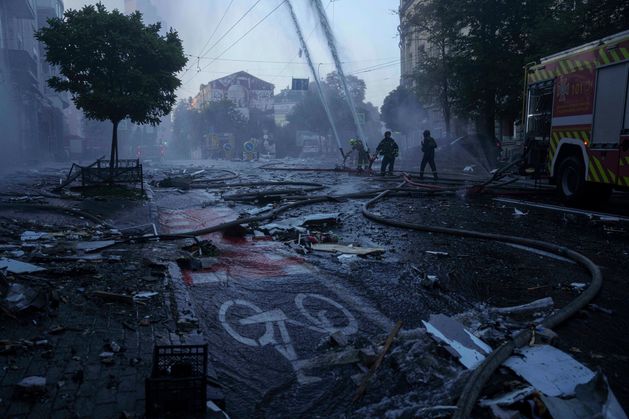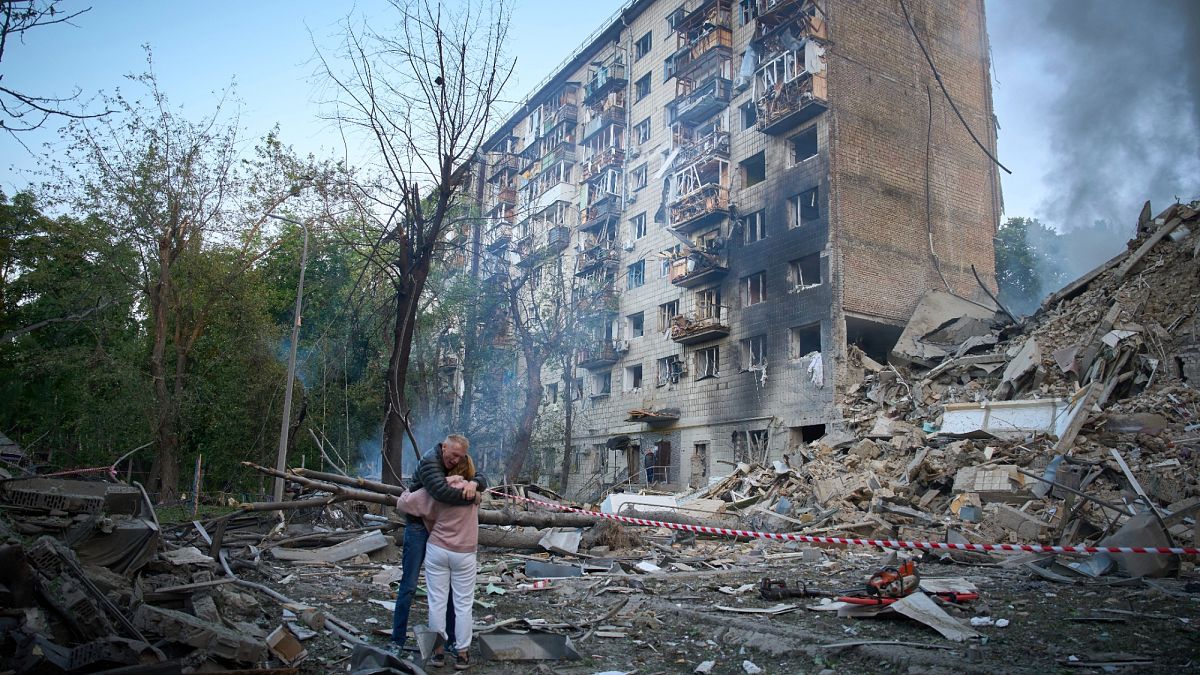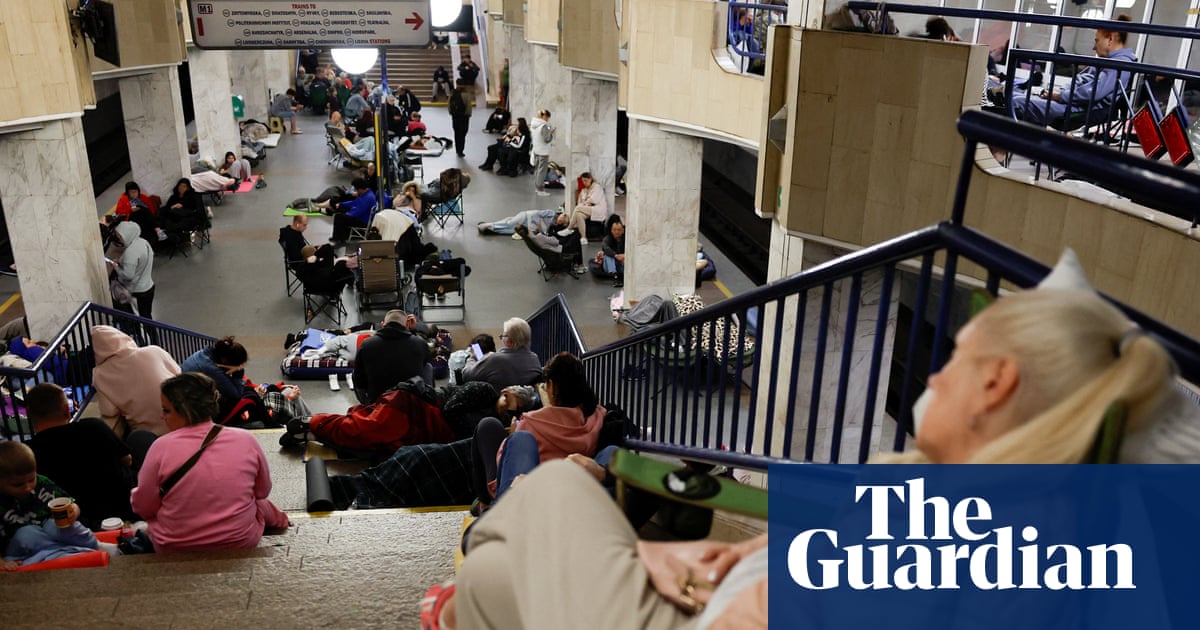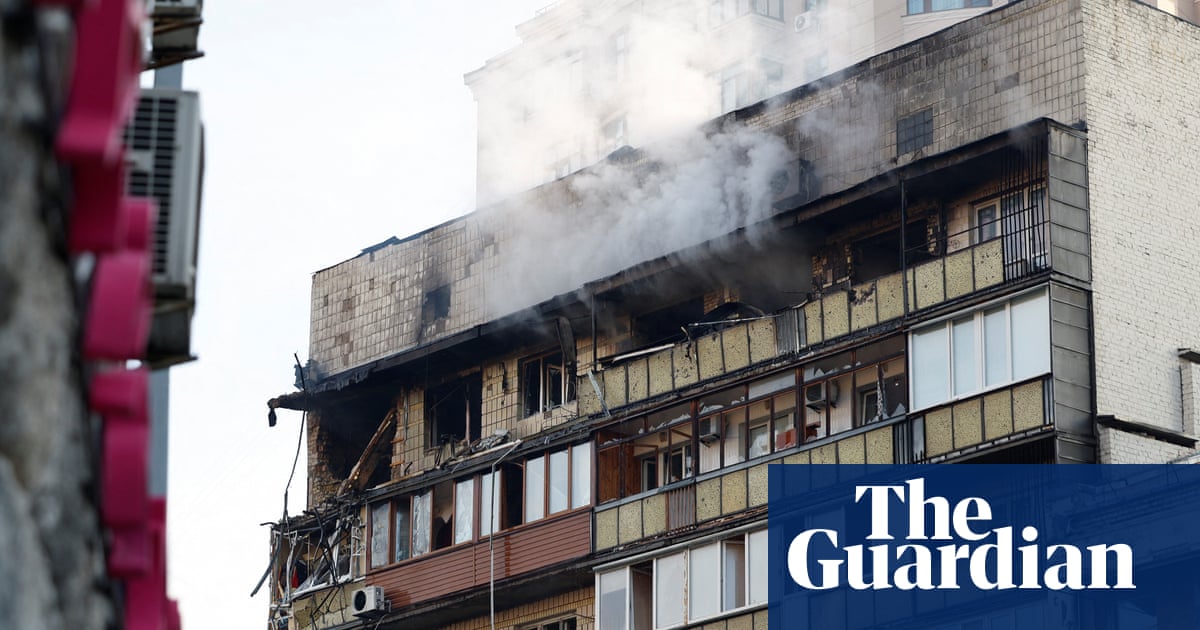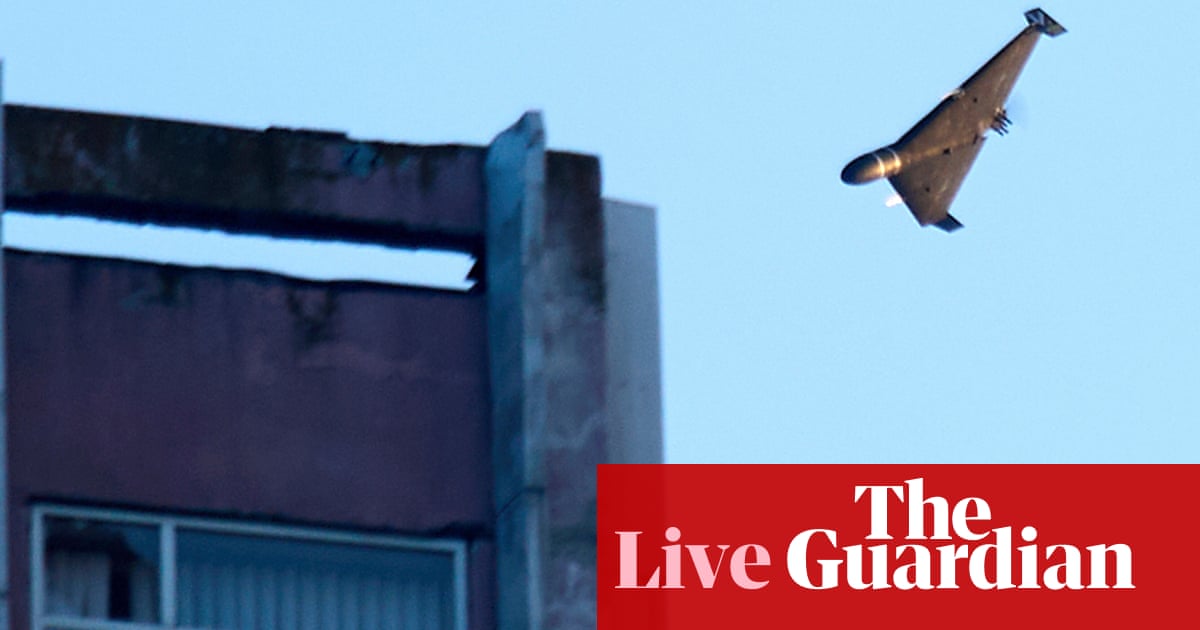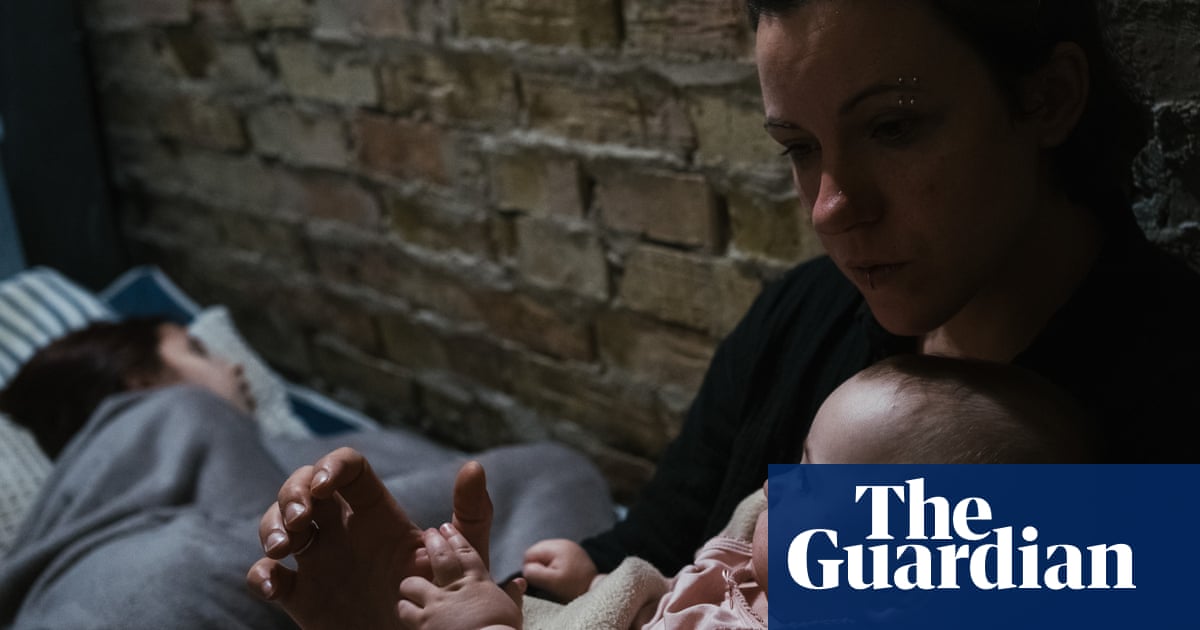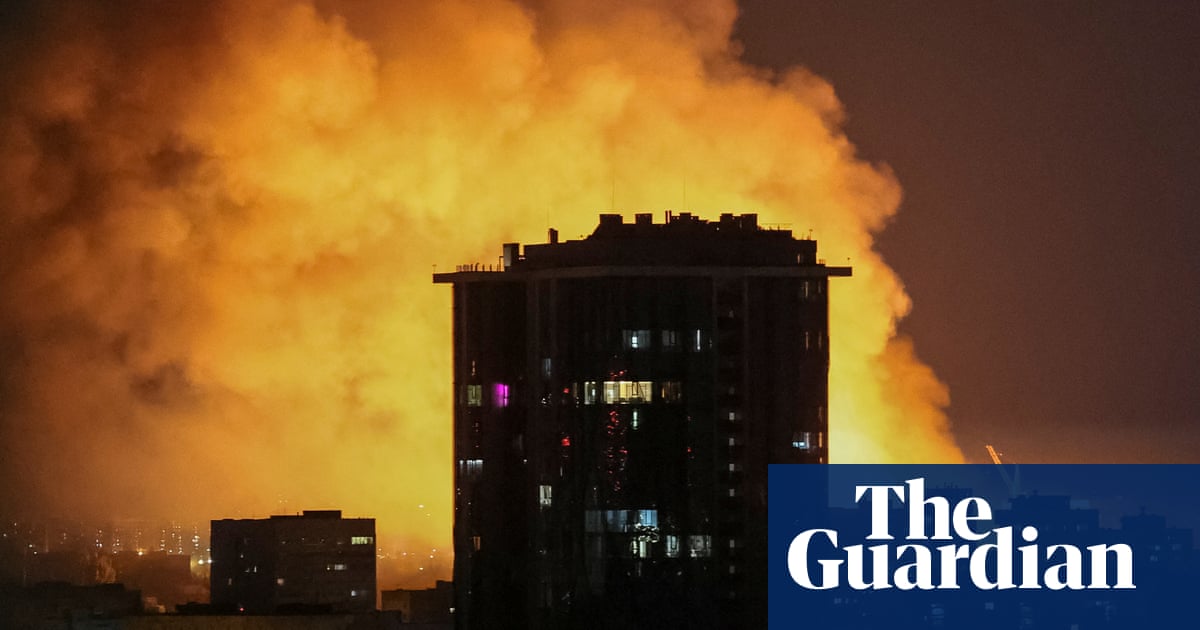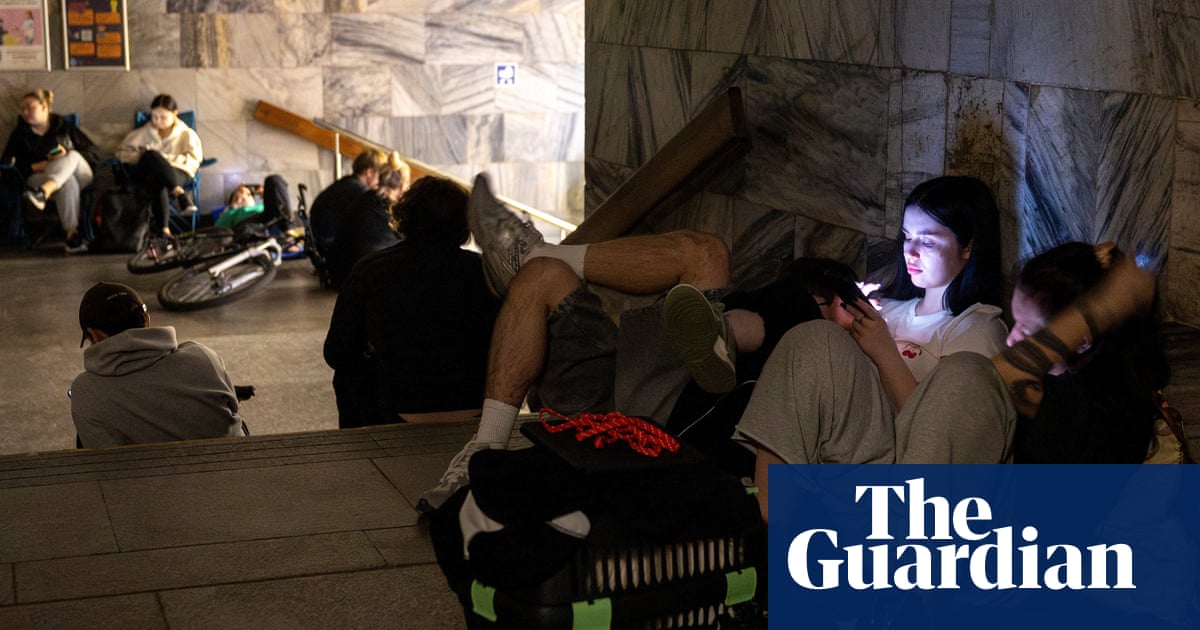#kyiv
#kyiv
[ follow ]
#civilian-casualties #ukraine #russia #russia-ukraine-war #energy-infrastructure #russian-attack #drone-strikes
Miscellaneous
fromLondon Business News | Londonlovesbusiness.com
1 week agoKyiv is 'on the brink of catastrophe' amid repeated waves of Russian bombings - London Business News | Londonlovesbusiness.com
Kyiv faces imminent humanitarian catastrophe as sustained Russian missile and drone strikes damage energy, water, and transport infrastructure, straining emergency response and threatening national survival.
Miscellaneous
fromLondon Business News | Londonlovesbusiness.com
1 month agoHealey vows he would 'take Putin into custody for war crimes' - London Business News | Londonlovesbusiness.com
British Defence Secretary John Healey would take Vladimir Putin into custody to hold him accountable for war crimes in Ukraine.
fromLondon Business News | Londonlovesbusiness.com
1 month agoResidents in Kyiv are being urged to 'temporarily evacuate the city' - London Business News | Londonlovesbusiness.com
Following the brutal Russian attack on the Ukrainian capital on Friday morning, the Mayor of Kyiv Vitali Klitschko is urging residents to leave the city. Kyiv has around four million residents and has had multiple attacks since the war started on 24 February 2022. There has been a grim warning that over the coming days a there could be a "potentially significant air attack that may occur at any time." Russia attacked the capital with 36 missiles and 242 drones leaving almost 6,000 residential buildings with no power or heating at a time when temperatures have fallen below -10C.
Miscellaneous
fromenglish.elpais.com
3 months agoRussian drones silence one of the voices of the Chernobyl disaster
Nearly four decades later, his widow, Natalia Khodemchuk, died last Saturday at the age of 73 in a Kyiv hospital: the night before, a Russian drone strike had hit her apartment while she slept. The resulting fire has left a black stain on the seventh floor of the building, around what used to be Khodemchuk's apartment. It's a 20-storey block, a massive structure on the outskirts of Kyiv.
Miscellaneous
Miscellaneous
fromwww.theguardian.com
5 months agoPrince Harry makes surprise visit to Ukraine pledging support for thousands injured in war
Prince Harry visited Kyiv to support rehabilitation of thousands of wounded Ukrainian military personnel and to announce Invictus Games initiatives using sport-based programs for recovery.
fromwww.bbc.com
5 months agoSudakov's apartment damaged in Russia attack
It was not clear whether Sudokov's family were hurt in the attack. "This is what my house looks like after tonight. Arrival of the shaheed [sic]. The wife, child and mother were at home at the time," Sudakov said in the accompanying post. A wave of 805 drones and 13 missiles were sent by Russia overnight, according to Ukraine's air force.
Soccer (FIFA)
Design
fromdesignboom | architecture & design magazine
5 months agoaranchii architects' holy trinity church in kyiv combines sacred space and air raid shelter
Church complex integrates worship, public square, and underground air raid shelter to provide spiritual, civic, and protective functions in Kyiv.
fromwww.theguardian.com
5 months agoKyiv residents fatalistic but defiant as city again comes under mass air attack
At a five-storey residential apartment block in the eastern Darnytskyi block of the city, residents said they had heard Russian bombing in the distance. It was a familiar sound, and many had gathered away from the windows in central corridors that extended along the block only for disaster to strike. We didn't understand what had happened, says Oleksandr Yastremskyi, who had taken refuge in a corridor with his wife, Tetiana, and their son Denys. It's like something had landed into our house.
Miscellaneous
Miscellaneous
fromIrish Independent
5 months agoAt least 15 dead, including three children after massive Russian missile and drone attack on Kyiv overnight
Russian forces launched large-scale drone and missile strikes on Kyiv, killing at least 15, injuring dozens, and damaging residential buildings and the EU delegation building.
Miscellaneous
fromIrish Independent
5 months agoAt least 10 dead, including children, after massive Russian missile and drone attack on Kyiv overnight
Russian overnight drone and missile strikes on Kyiv killed 10, injured over 30, damaged multiple residential buildings and triggered fires across several districts.
fromwww.dw.com
6 months agoDefying the war: A teenager's life in Kyiv DW 08/26/2025
For Anastasiia, war is an everyday part of life. The 17-year-old lives in Kyiv, Ukraine's capital, where captured Russian tanks line the city's historic St. Michael's square, a daily minute of silence pays tribute to the war dead, and sirens pierce the air when a Russian missile attack is imminent. "The war has influenced us a lot. It changes our pace of life, the conditions in which we work," Anastasiia explains about the conflict now stretching into its third year.
Miscellaneous
World news
fromwww.theguardian.com
6 months agoThe enormity of the attacks on Ukraine is impossible to grasp. Let me show you the horror of a single day | Oleksandr Mykhed
Kyiv experiences repeated air raids with missiles and drones targeting civilian infrastructure, creating a pervasive sense of fear and helplessness.
fromeuronews
7 months agoVideo. Mass Russian drone and missile attack strikes Ukraine overnight
Kyiv was the main target, with at least 23 people injured and damage reported across several residential areas. Fires and destruction were confirmed in five of the capital's ten districts, and railway infrastructure was also hit.
US politics
Russo-Ukrainian War
fromwww.theguardian.com
8 months agoRussian strikes drown out' world's efforts for peace in Ukraine, says Volodymyr Zelenskyy Europe live
Kyiv endured a major Russian drone attack targeting its civilian infrastructure, emphasizing the ongoing conflict's impact on the city and its residents.
[ Load more ]


















